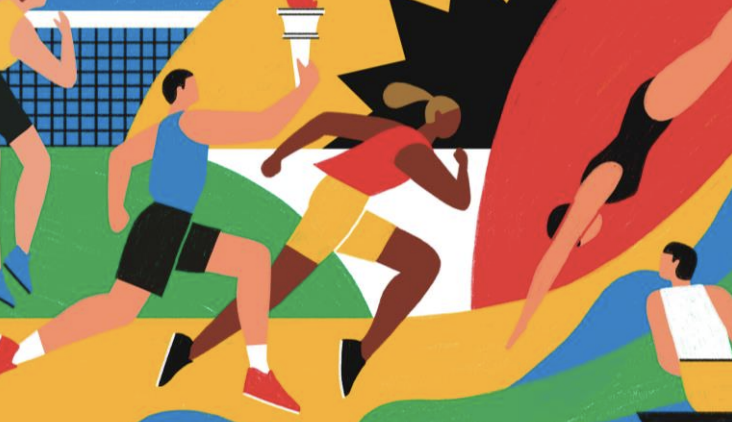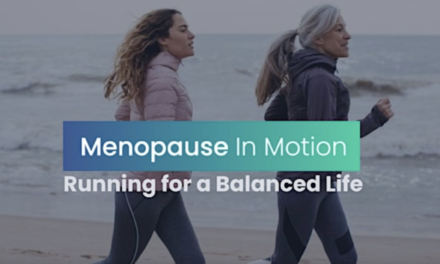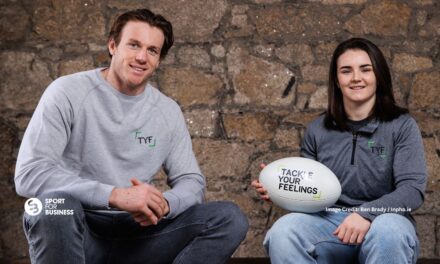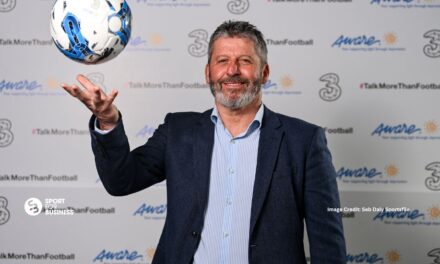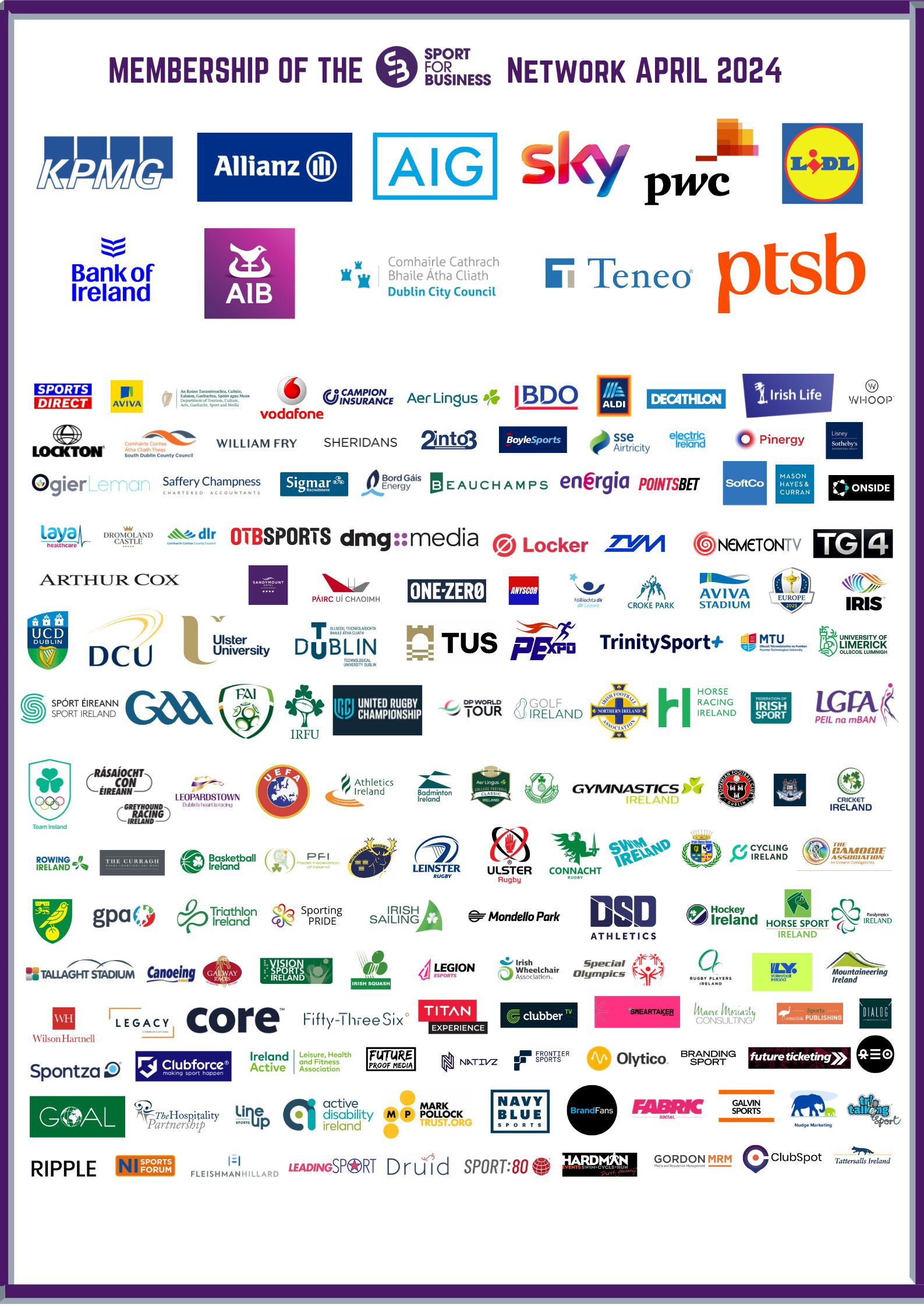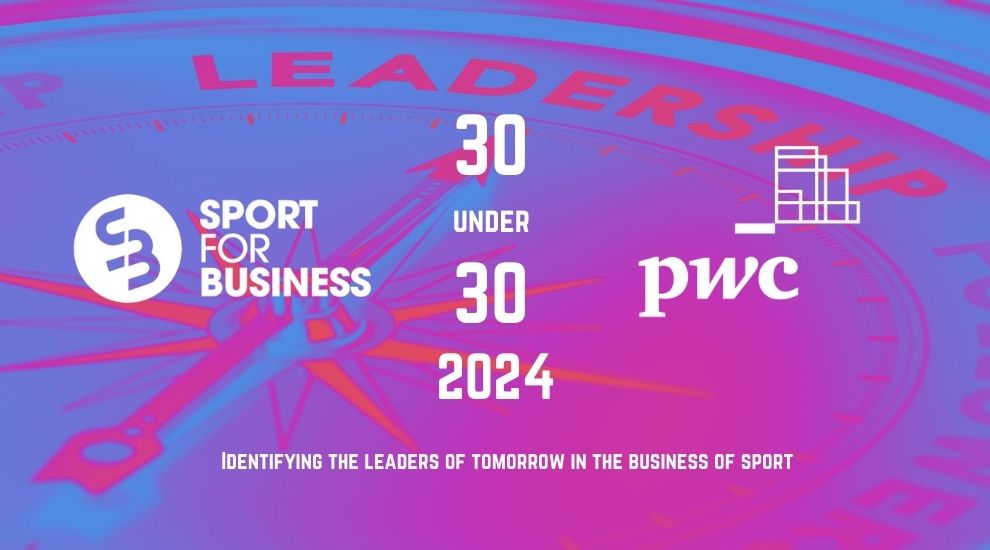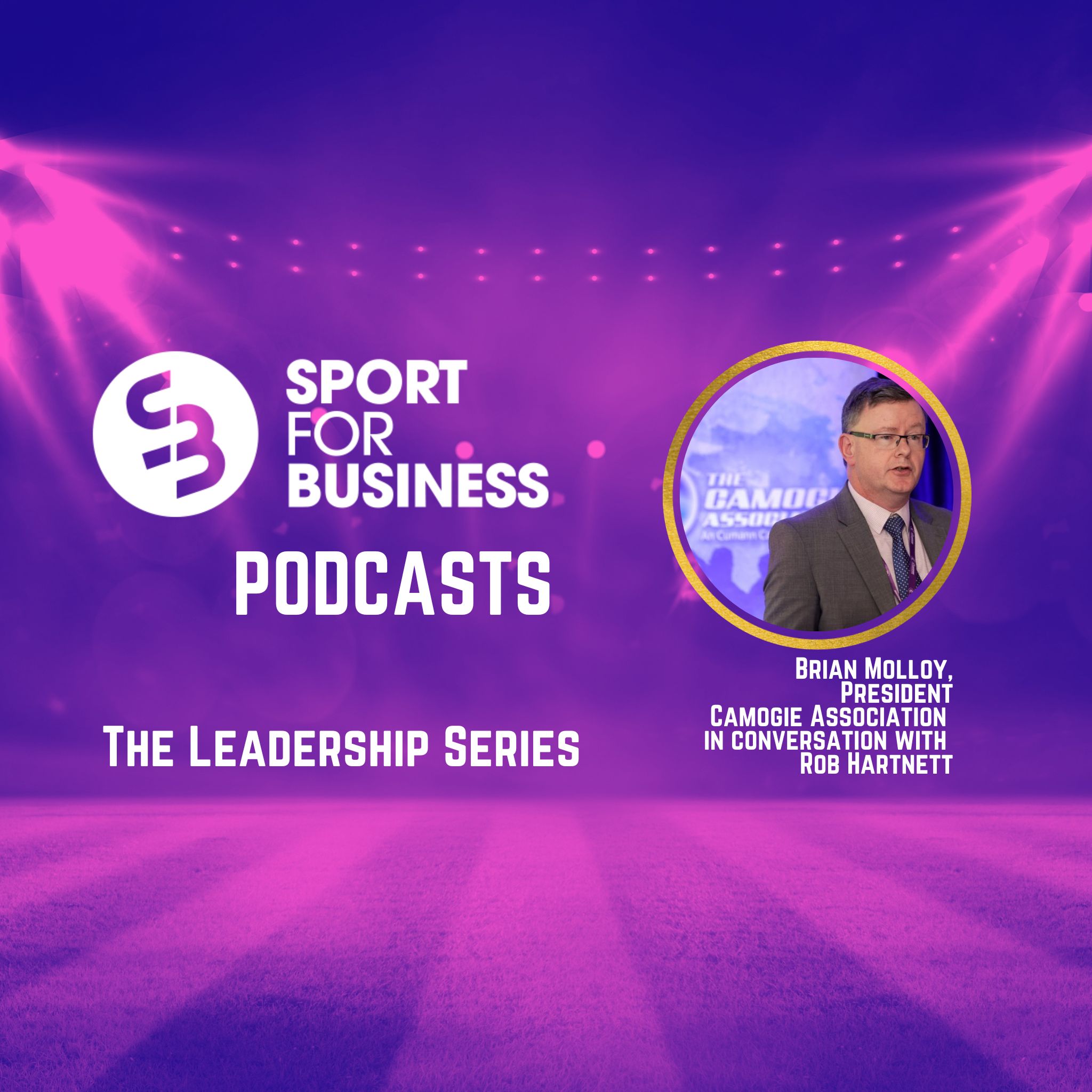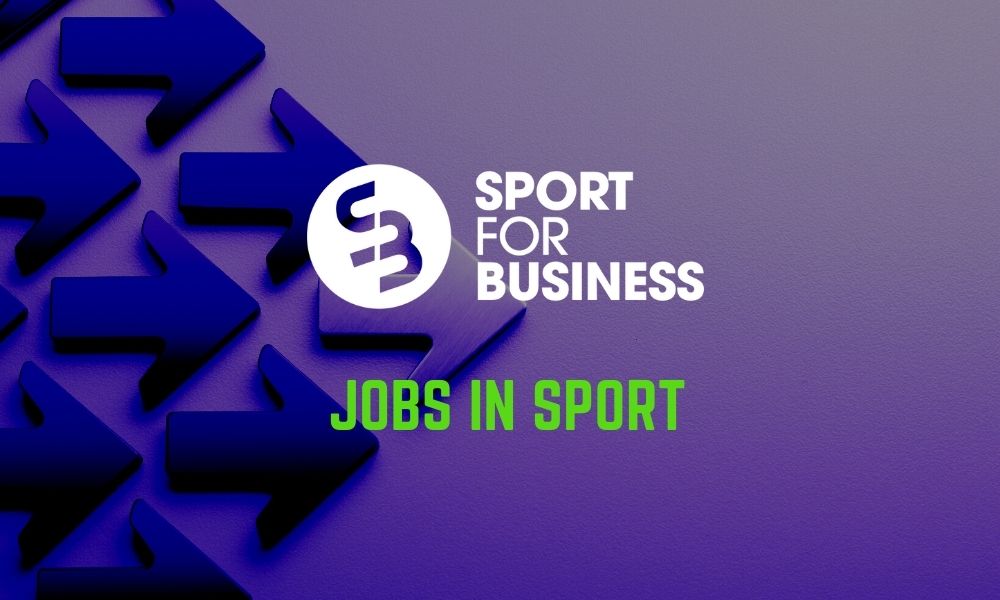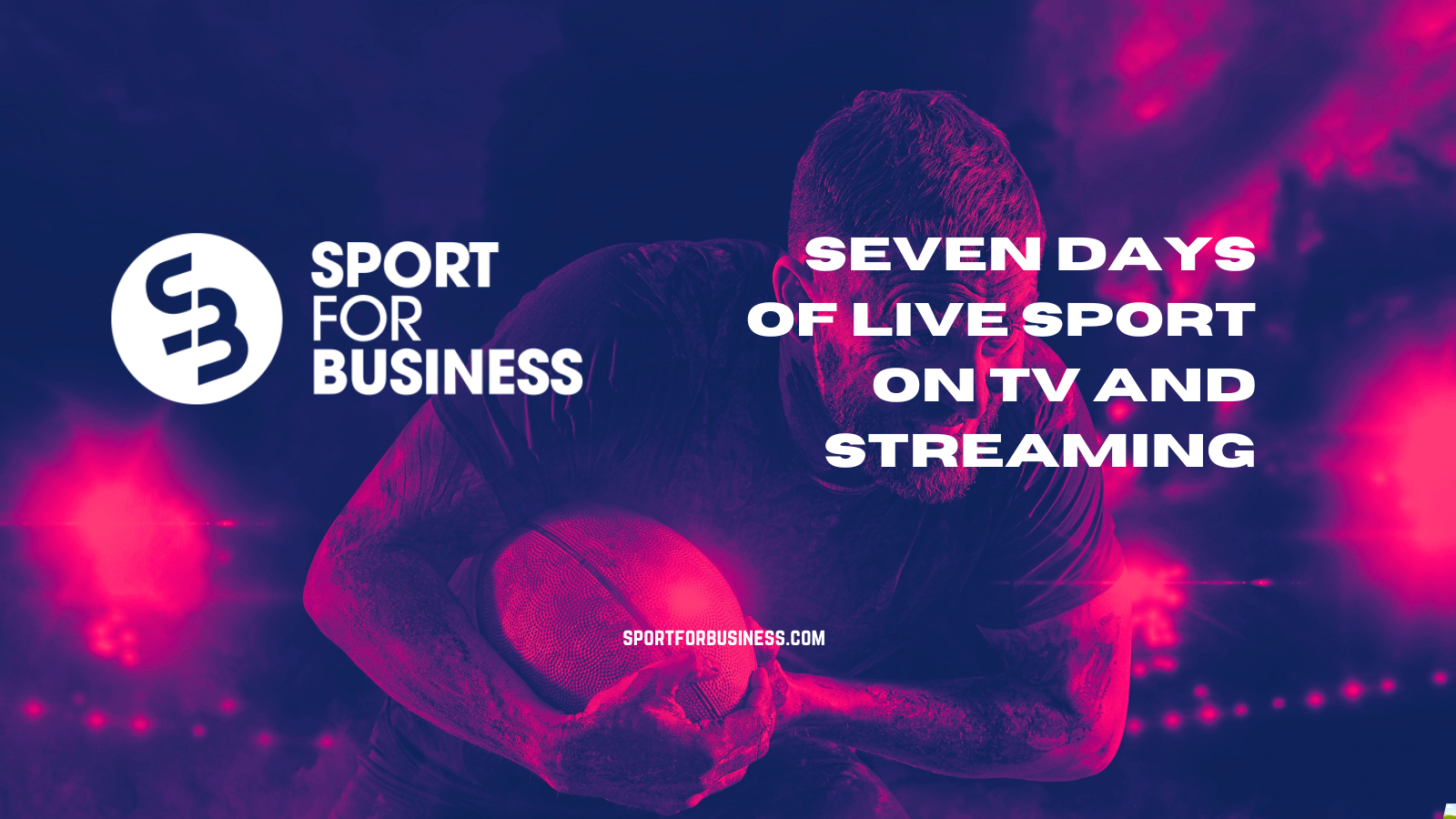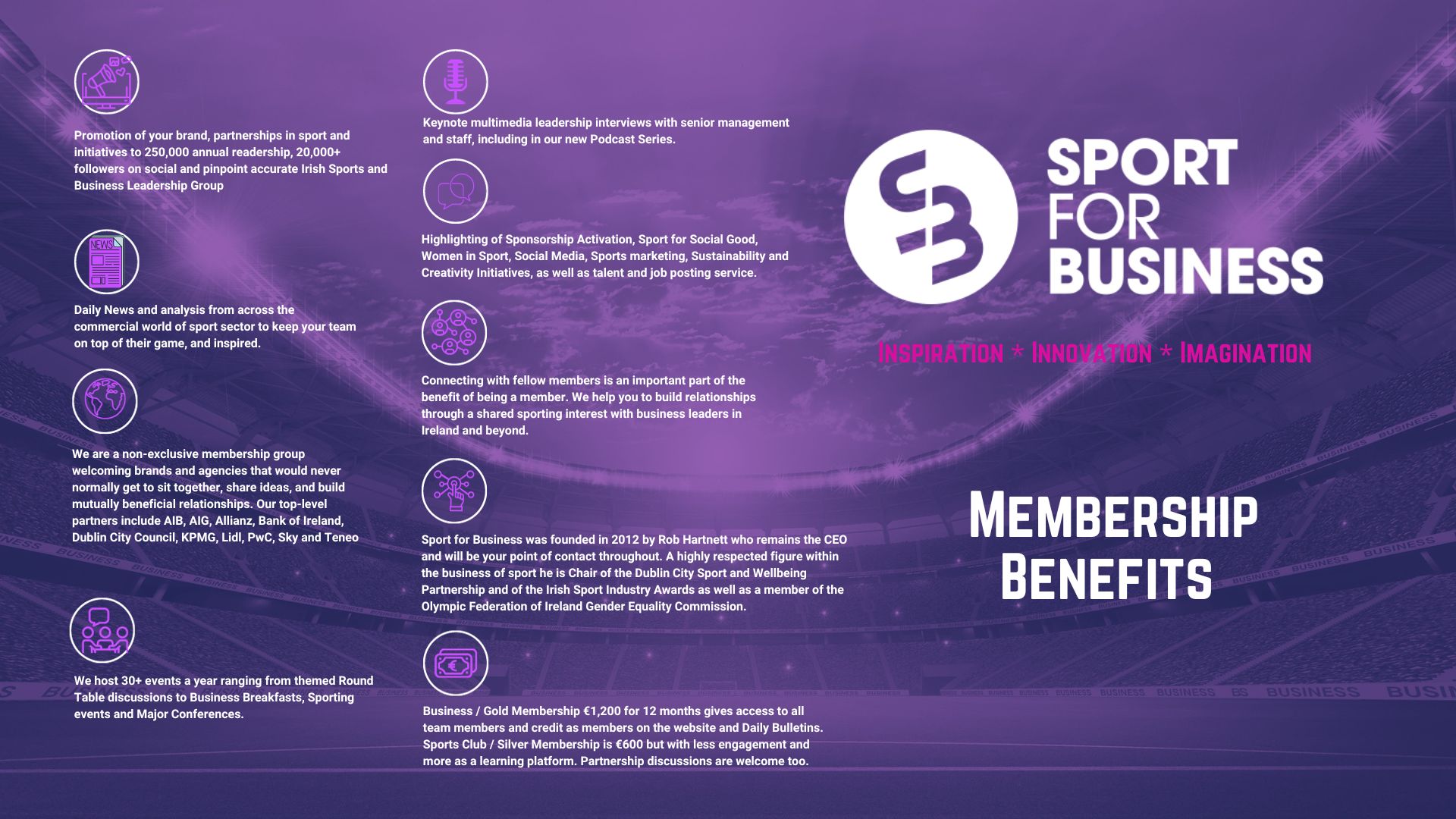The International Olympic Committee has developed a new Mental Health Action Plan that takes a wider approach to supporting the protection and promotion of athlete mental well-being.
The plan emphasises the importance of recognising that athletes’ mental health needs are as important for their performance and well-being as their physical health needs, and that good mental health means much more than the absence of a mental health symptom or disorder.
Guided by the principles of human rights, equity, evidence-based practice and working collaboratively, the Mental Health Action Plan is a comprehensive strategy that will serve as a roadmap for the IOC to promote mental well-being across its four spheres of responsibility – the IOC as an organisation, the IOC as the owner of the Olympic Games, the IOC as the leader of the Olympic Movement, and Olympism in society.
Across the four spheres, there are five thematic focus areas, with corresponding key objectives and actions, to be achieved by the end of 2026:
1. Culture and leadership
Demonstrating leadership in the field by championing a policy environment that recognises the importance of mental health and well-being.
2. Measurement and research
Contributing towards more thorough and reliable mental health epidemiology in elite athletes and under-researched groups, with attention to cross-cultural differences – recognising that evidence-based approaches are critical for impactful initiatives.
3. Reduce prevalence and improve well-being
Encompassing the continued development of expert-led tailored tools and initiatives to improve mental health literacy, reduce stigma, build mental resilience and reduce sport-specific stressors that impact mental health and well-being.
4. Improve care
Encouraging the fostering of psychologically safe athletic environments which reduce the barriers to help seeking, including through supporting early recognition of when further support may be needed, and establishing pathways to care.
5. Improve access to sport
Promoting and supporting the mental health benefits that people and communities experience through accessing sport and Olympism in Society, especially in resource-limited settings, contributing to Olympism365.
The Mental Health Action Plan can be downloaded here and should be of interest to all sporting bodies and organisations with an interest in the wellbeing of their teams.
The focus on the protection and promotion of elite athlete mental health commenced in 2019 with the publication of the IOC Consensus Statement on mental health in elite athletes and the set-up of the IOC Mental Health Working Group.
More recently, Recommendation 5 of Olympic Agenda 2020+5 calls for increased mental health support for elite athletes and their entourages. Additionally, Recommendation 10 looks beyond the Olympic Games, at the use of sport to create a better, healthier world by contributing to the UN Sustainable Development Goals (SDGs).
This has helped to significantly increase the resources available through Athlete365, including the dedicated #MentallyFit section and the IOC Mental Health in Elite Athletes Toolkit. Such resources, in addition to the Certificate and Diploma in Mental Health in Elite Sport, remain vitally important in helping provide leadership to the Olympic Movement in this area and in raising awareness among National Olympic Committees and International Federations.
The Mental Health Action Plan signals the IOC’s intent to integrate expert-led support for athletes’ well-being across multiple IOC programmes, working on complementary topics such as gender equality and safeguarding, with the support of Olympic Solidarity.
The plan also draws on the principles of Olympism365, the IOC’s strategy aimed at strengthening the role of sport as an enabler of the UN SDGs, with particular emphasis on encouraging even more partnerships with organisations around the world that aim to bring individuals and communities together to experience the immense mental benefits of physical activity and sport.
Sport for Business Perspective:
This is a detailed plan, running to 24 pages with 16 recommendations to be adopted and with timelines and criteria to measure how they are being implemented.
It reaches out to global organisations like the World Health Organisation and while the primary motivation is to look after athletes, the impact could go much deeper with the inclusion of suggestions to increase funding and promotion of participation programmes beyond the traditional Olympic idea of high-performance.

